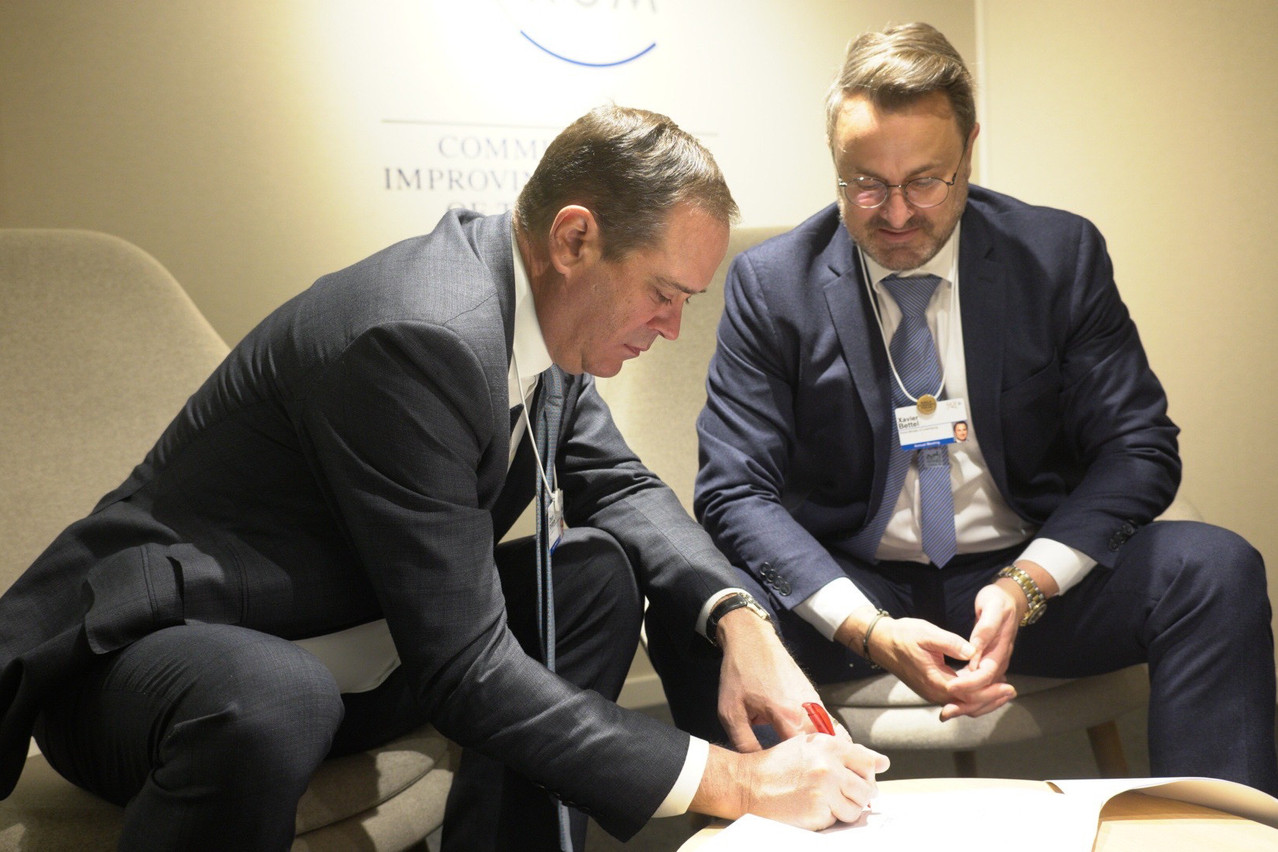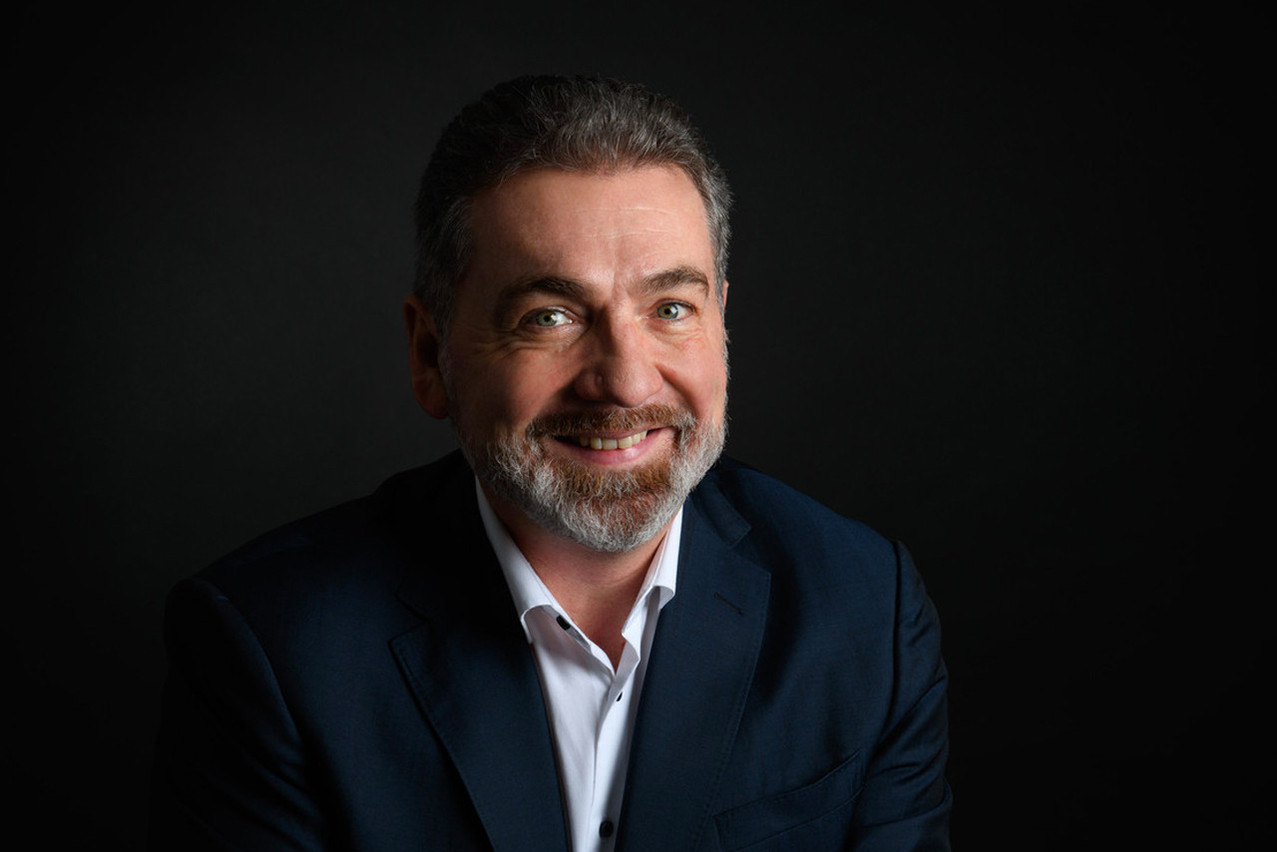Once again meeting in Davos at the World Economic Forum, Luxembourg prime minister (DP) and Cisco CEO Chuck Robbins signed a second memorandum of understanding on the digitalisation of Luxembourg. This comes such deal and as part of the American IT company’s national digital acceleration strategy (CDA). Cisco country manager for Luxembourg, , speaks on the opportunities ahead.
The new partnership is based on three axes: cybersecurity, talent development/education and sustainability. What concrete actions are planned?
Renaud Persiani: In the first agreement, we launched the initiative to better secure the country’s infrastructure. We are now starting a proof of concept. The idea is to arrive at a network of probes that would protect all the critical infrastructures (hospitals, water management, etc.). We would also like to set up a platform for small companies, which is under discussion with Luxinnovation.
Another aspect concerns sustainability, which is new compared to the 2018 agreement...
We want to work on smart building with players like Lux-Airport, CFL... By helping them build the buildings of tomorrow by integrating the notion of IoT (internet of things). We took CFL to visit our office in New York, which is equipped with all the latest technology, and they are interested. We also want to provide them with studies that calculate how infrastructure replacement can reduce energy consumption.
Thinking more broadly, there is the smart city, the management of flows, thanks to real-time monitoring solutions. This is one of the initiatives we can take through the CDA.

Chuck Robbins and Xavier Bettel just signed a new MoU in Davos. (Photo: Cisco)
And the talent?
We have launched NetAcad (IT skills training, as part of the 2018 agreement, editor’s note). The idea is to go further, by seeing with Adem how to help them re-skill.
Education was one of the four pillars of the programme in 2018. What is your assessment?
We have 2,100 certified students, 15% of whom are women. At the moment, we have 600, of all ages. These are technical courses that will lead to a diploma recognised on the market.
What diploma?
There are several types: the CCNA, CCNP... These are Cisco diplomas.
The aim is to give impetus, to bring ideas to life, to demonstrate that they are applicable.
The other three areas at the time already included cybersecurity, but also IoT and financial technology. What has been achieved in five years?
We had discussions about IoT, but the maturity was not yet there. Now it’s getting real. In terms of cybersecurity and financial technology, our concern was mainly to evangelise the need to protect infrastructures, as soon as there are connected things.
You also participated in the launch of the supercomputer Meluxina. How did that happen?
The question was whether it was worth having a supercomputer in Luxembourg. We participated in this reflection.
How do these partnerships work financially?
We sign this MoU, which refers to the ADC and its pillars. Internally, I negotiate a budget for these three years and I can then use it to finance a number of studies. It is allocated to each initiative. The aim is to give impetus, to bring ideas to life, to demonstrate that they are applicable.
What is this budget?
We are not going to communicate it. It is a significant amount for the country. The collaboration with the university was the biggest funding for ADC 1.0.
The CDA does not only apply in Luxembourg, but in 44 other countries. How does it work?
Often the pillars remain the same. We will be able to equip a village in India, but also find initiatives in hyper-urban cities. We are delighted to have signed this second MoU with Luxembourg. It will give a new dynamic.
This story was first published in French on . It has been translated and edited for Delano.

